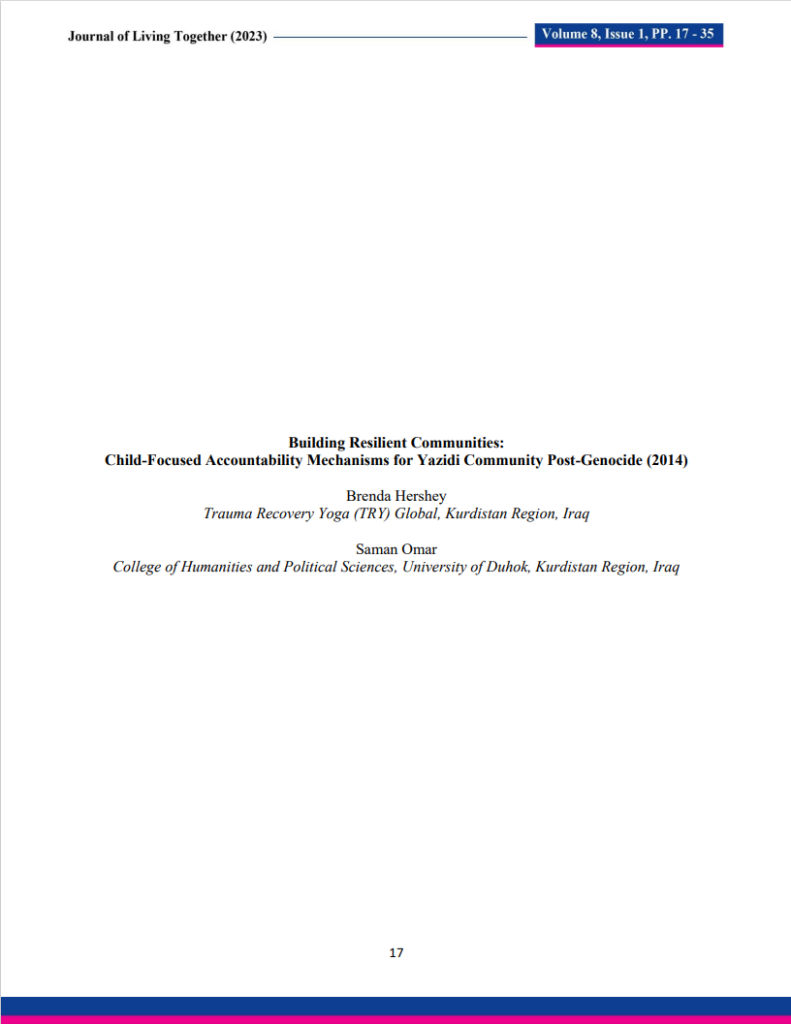Peace and Conflict Management in Traditional Yoruba Society
Abstract:
Peace management is more imperative than conflict resolution. Indeed, if peace is effectively managed, there will be no conflict to resolve. Given that conflict is a ubiquitous and inevitable part of human existence, this paper borders its thesis on the imperatives for peace and conflict management (PCM) in human society, using the traditional Yoruba society model. A comparative analysis of PCM in the Yoruba society in traditional and modern times reveals a radical departure from the indigenous PCM framework which had kept animosity at bay and ensured peaceful coexistence. Relying on the qualitative method of data collection and analysis, based on extant secondary materials, this study aims at systematically exploring the robust heritage of the traditional system of jurisprudence (TSJ) in Yorubaland, such as the spirito-extra-juridical framework, use of masquerades, sasswood concoction administration, “broom-and-key” method, and use of legal proverbs. Findings of this study affirm that the incursion of foreign ideology and introduction of the western colonialist model of jurisprudence into the African (and Yoruba) setting, which introduced alien methods such as litigation, came as a rude interruption to the existing judicial ethos. As such, litigation is completely un-African, considering the Yoruba belief system of “No camaraderie continuum after litigation.” Conclusively, the recent renaissance of the crusade for alternative dispute resolution (ADR) only resonates a call to revert to the Yoruba TSJ with its array of long-standing indigenous mechanisms circumspectly instituted and jealously guarded for effective PCM. We recommend, inter alia therefore, a reversion to out-of-court settlement, dubbed ADR.
Read or download full paper:
Journal of Living Together, 6 (1), pp. 201-224 , 2019, ISSN: 2373-6615 (Print); 2373-6631 (Online).
@Article{Aboyeji2019
Title = {Peace and Conflict Management in Traditional Yoruba Society }
Author = {Adeniyi Justus Aboyeji}
Url = {https://icermediation.org/conflict-management-in-traditional-yoruba-society/}
ISSN = {2373-6615 (Print); 2373-6631 (Online)}
Year = {2019}
Date = {2019-12-18}
Journal = {Journal of Living Together}
Volume = {6}
Number = {1}
Pages = {201-224 }
Publisher = {International Center for Ethno-Religious Mediation}
Address = {Mount Vernon, New York}
Edition = {2019}.



